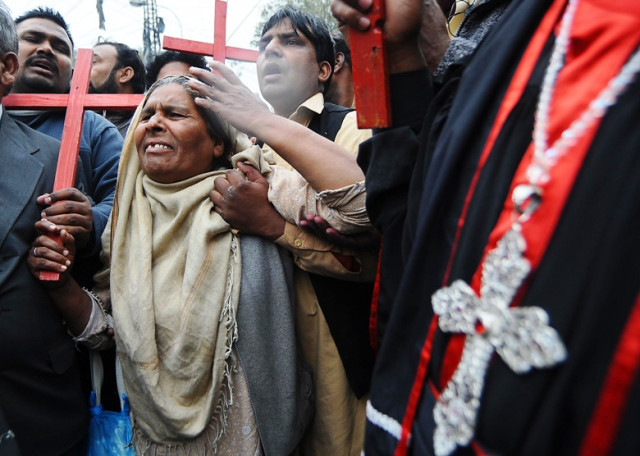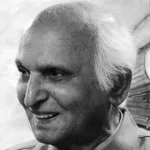“Being in your company”, said Bahadur Shah Zafar, the principal convict after India’s battle for independence in 1857, “is nothing like what it used to be; it’s harder for one to speak up than it ever was.”
The entire experience of those troubled times informs the verse. Strangely, what we are going through nowadays is very similar. Voice the littlest of dissent and you hear a bullet whiz by or a must-be-killed edict. The prudent counsel, therefore, is to shun religious debate. To hear whatever interpretation is being put forward for Islam and to remain quiet. But there are those who still speak up and are answered back by must-be-killed rulings.
Of better times
Just consider the times we live in and the times I am reminded of – the times when religious debates and arguments were at their peak; for there has been a period in the history of the Pakistan-India subcontinent that could rightly be called the age of debate. The preachers and proselytisers then had to fight on all fronts.
On one hand, the Muslim preachers faced the Arya Samajis; on the other, they were frequently challenged by Christian priests – a challenge that could not be ignored. Then there were raging intra-Muslim debates among various sects. The Sunni-Shia debates were particularly in vogue. The Arya Samajis for their part had to debate the padres on one hand and the Muslim missionaries on the other. The amazing thing is that while the debates generated much heat there was never a report of somebody shooting the other party or issuing a must-be-killed edict.
A right to know
Also, the debates did not happen behind close doors. They were a public affair. There were followers of all religions among the audience, including Hindus, Muslims and Christians. At stake for many was their faith. Nobody wanted to see the apologist for their religion lose. And yet there apparently was a moral code that reason was the sole determinant of victory and defeat. The apologists for all religions thus had to be armed, as they took the field, with logical reasoning as well as citations from religious scriptures.
This meant that these people had to study minutely not just their own scriptures but also the whole religious traditions of their opponents. They were thus scholars of comparative religion in the true sense and capable of convincing the opponents by quoting and arguing from their religious sources.
It’s quite rare for such debates to yield a clear verdict but the audience did form opinions on who seemed to have better arguments and which religion seemed to be more rational. It was not unknown for some daring soul from among the audience to be so moved by the argument as to announce there and then his decision to convert to another faith. Such situations can doubtless lead to an uproar yet no resort to batons or bullets has been reported.
Tolerance to intolerance
They must have all been remarkable debaters for they heard attacks and accusations against their religion with such forbearance that unreasonable criticism failed to provoke them. Instead, they responded with arguments. Some of the scholars and preachers were known for their practice of being always accompanied with a cartload of books. They invited everybody to verify all their references from authentic sources, citing authoritative books with page numbers. The books were available for anybody among the audience who wanted to consult them.
These debates thus amounted to a challenge to apologists of all religions to argue their case in public. Stubbornness was no use. Recourse to a blasphemy plea was not available. A must-be-killed edict was barred. People just had to study several religious traditions and show by comparison and reason that their religion had more to offer in terms of human welfare. They had to appeal to the human faculty of reason without bringing the dagger and the gun into it.
Rationality versus faith
Regrettably, somewhere between those times and ours, a great change happened. The reason died. So did the tradition of dialogue. The human rationality is no longer trusted. Defence of faith is no longer the preserve of the truth seekers who dedicated themselves to a lifetime of seriously studying their religions and comparing it with other religious traditions. Instead, virtual nobodies are now spoiling for religious argument and declaring themselves authorities on Islam. They don’t consider it necessary to refer to religious thinkers and scholars, for books written by shallow authors and appealing to emotions rather than reason suffice. None of them see anybody as a match for themselves.
So, reason is extinct among us and a serious study of religion is considered unnecessary. Sentimental slogans to provoke people are the cheap and sure fire norm. It makes you sad: thinking of where we started and where we have reached.
*Translated from Urdu.



COMMENTS
Comments are moderated and generally will be posted if they are on-topic and not abusive.
For more information, please see our Comments FAQ